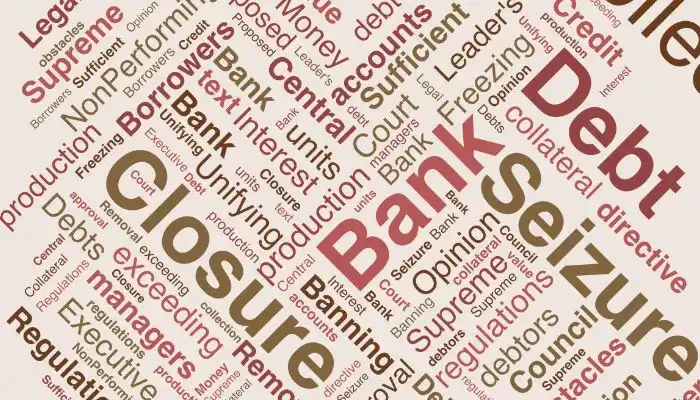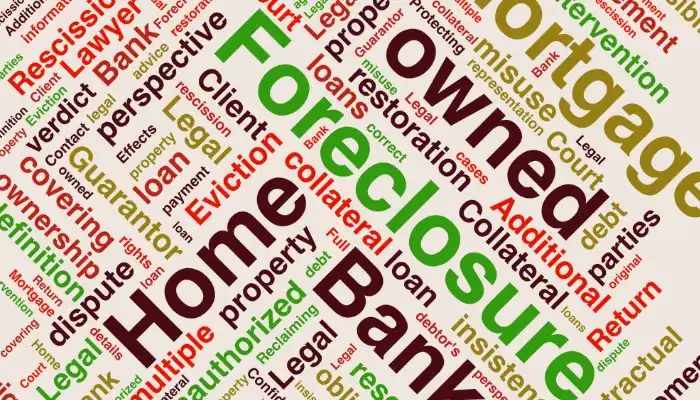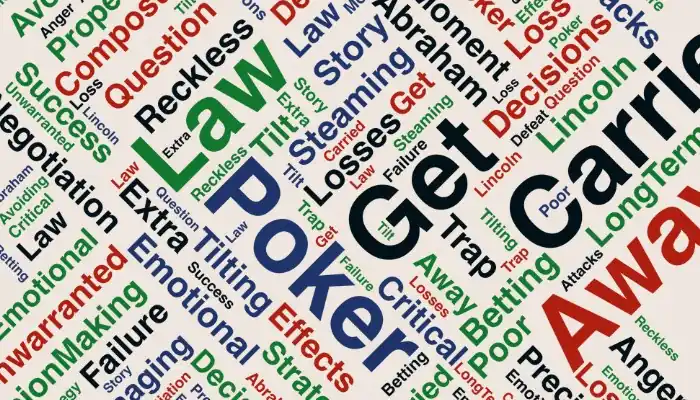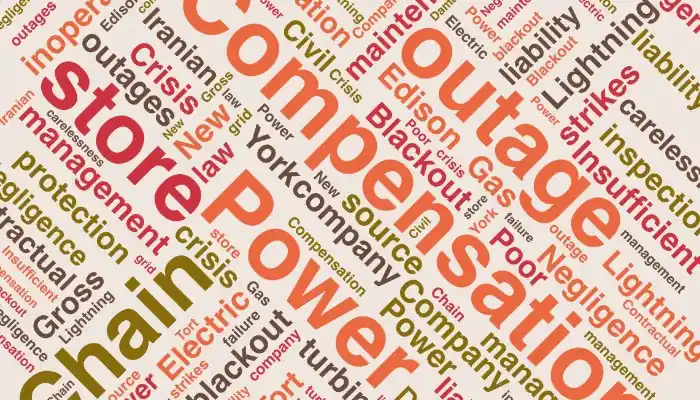The bank’s abuse of rights in debt collection leads to the closure and subsequent seizure of production units. As you are aware, with the issuance of the Unifying Opinion No. 794 by the General Board of the Supreme Court, banks are prohibited from claiming interest exceeding Central Bank regulations through judicial courts and official document execution offices from borrowers and their guarantors. However, it has been observed that some banks, in order to claim excessive interest and circumvent laws, despite having sufficient collateral, abuse the rights granted by the legislature for the collection of bank debts. They do this by banning managers from leaving the country, freezing accounts, and placing the name of the economic entity on the list of bank debtors, thereby putting the business in a tight spot with no option but to comply with the bank’s demands.
Although this action by the bank is based on the directive for the classification of bank assets and credit institutions and Article 11 of the Executive Regulations for the Collection of Non-Performing Debts of Credit Institutions (both in local and foreign currency), all approved by the Money and Credit Council on September 1, 2015, it remains one of the main obstacles for borrowers. It appears that if the collateral held by the bank covers the borrower’s legal debt and there are no obstacles to accessing this collateral, the enforcement of this directive contradicts the Supreme Leader’s directive regarding the removal of production obstacles and support for producers. It also contradicts Article 40 of the Constitution, which states, “No one can use their own rights as a means of harming others or violating public interests.”
Proposed Text for Approval by Competent Authorities
If the value of the collateral held by the bank or credit institution exceeds the borrower’s legal debt, the implementation of the measures stated in Article 11 of the Executive Regulations for the Collection of Non-Performing Debts of Credit Institutions (both in local and foreign currency), approved by the Money and Credit Council on September 1, 2015, is prohibited. The bank or credit institution is obligated to immediately, after the maturity date of the principal and interest of the loan or the date of non-payment of installments, proceed to collect its legal claims from the collateral.




